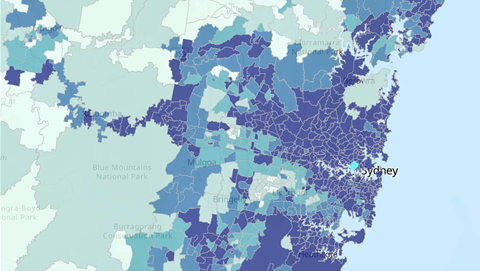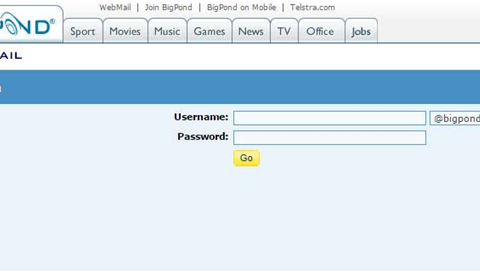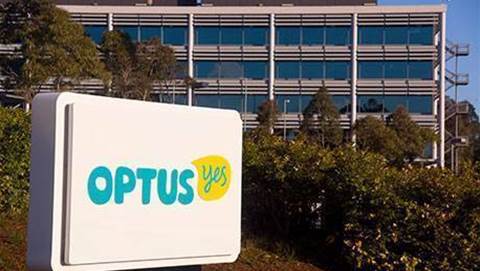Australian telcos and ISPs could be banned from using the word 'cap' in advertisements for new mobile and broadband products, unless the cap is "hard", according to a leaked copy of a revised industry code.

The Telecommunications Consumer Protection (TCP) code is in the process of a major revision at the hands of a steering group that included representatives from Telstra, ACMA, ACCC, the Federal Department of Broadband (DBCDE) and the Communications Alliance.
The new draft code had been submitted to the Australian Communications and Media Authority for comment before a planned public release next month.
However, proposed key changes to the code have been leaked following a private webcast to industry observers.
The changes – confirmed as being in the draft by sources close to the process – attempt to introduce major changes to advertising and code compliance rules, among other revisions.
Cap plans
The proposed "cap" ban would apply to all service plans created after the revised TCP was registered and would involve service providers agreeing not to use the word in any future offers with one exception.
Telcos would be allowed to keep existing plans that were marketed as being "capped"; however, if they wanted to continue to sell "capped" plans, the cap had to represent a hard limit to consumer spending.
Current cap plans included an amount of call credit ("value") for a monthly price. Users were charged at higher rates once all that "value" was spent, leading in some cases to unexpectedly large bills.
In a similar vein, the draft TCP code would impose rules on the use of words like "free" and "unlimited", which have been the subject of recent court cases.
New telco watchdog
Another key change in revised TCP was a much tougher compliance regime.
The leaked draft proposed the establishment of a Communications Compliance Authority that would be funded by industry.
It would collect annual compliance reports from telcos and ISPs. Those not fully complaint could be "named and shamed" on a website, according to the draft.
Sources told iTnews that the authority would likely handle the lion's share of compliance activity around the code.
It was envisaged that the authority would only refer a non-compliance matter to the ACMA as a last resort.
Must provide summary with contract
Other changes proposed in the leaked draft were for telcos to supply a "summary of offer" document to new customers before they signed a contract.
The summary would include detail around contract length, early termination, plan inclusions and prices, according to the leak.
Although the draft changes had been discussed with industry, there was still a chance they would not survive the ACMA's review.
An ACMA-approved draft code was expected to be released for public comment next month. The code was expected to take effect in September.
A spokesman for the Communications Alliance declined to comment to iTnews on the contents of the draft code.
The first version of the TCP was registered by the ACMA in 2008. The 2010 review was launched by the Communications Alliance, partially to incorporate "legal and regulatory developments" since the code was first developed.
Such developments included the ACMA's public inquiry into complaint handling processes in the telecommunications industry.

























